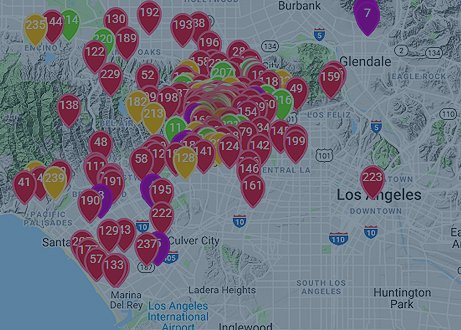
Quebec real estate practices are different from the other provinces.
Here are the 13 Canadian provinces:
The 10 provinces are Alberta, British Columbia, Manitoba, New Brunswick, Newfoundland and Labrador, Nova Scotia, Ontario, Prince Edward Island, Quebec, and Saskatchewan.
The three territories are Northwest Territories, Nunavut, and Yukon.
All provinces and territories, except Quebec within Canada, follow the common law. The Common law (also known as judicial precedent or judge-made law) is the body of law derived from judicial decisions of courts and similar tribunals.
Quebec is the only province with a civil code, which is based on the French Code Napoléon (Napoleonic Code). The rest of Canada uses the common law. The Civil law, or civilian law, is a legal system originating in Europe, intellectualized within the framework of Roman law
Quebec has its own set of rules When buying or selling a house in Quebec.
When buying a house in Quebec, the first thing to know is: The rest of Canada follows Common Law whereas here in Quebec, it has its own set of rules – The Civil Code. Generally speaking, Common Law is case law and Civil Law is codified statutes.
The notary is an expert in the drafting of contracts and can provide all the legal security you and your company need to ensure that your rights and interests are well protected, while saving you time and money.
A growing number of notaries are specialized, and possess a wealth of experience, in corporate law and personal finance. Having built many close, privileged relationships with the business community over the years, these notaries have become valuable advisors in every facet of commercial activity.
Breaking the Language Barrier
There is no need to let language become a barrier in settling your transaction. We are happy to provide a number of language-based services that help newcomers.
We are partners with notarizing for clients using different languages like: Chinese, Arabic, Spanish, Hindi and more other languages.
The notary and transfer of ownership:
A notary finalizes a home sale transaction in Quebec. The agreement of purchase and sale is the basis for the bill of sale, to be drawn up by the notary. Your notary ensures that the format of the Bill of Sale and the mortgage comply with the law, while truly reflecting the intentions of each of the involved parties.
The notary does the title searches and reviews the documents to ensure all is in order, verifies that all taxes are up to date, organises the mortgage with the buyer’s bank and disburses the proceeds. Then, everybody gets to pay the notary!
Notary fees
In order to conclude a real estate transaction in Quebec, you will need the assistance of a notary. The notary will prepare the bill of sale, the mortgage deed, and will register the sale at the land registry office.
The buyer chooses the notary, and should expect to pay at least $1,200 in legal fees. In Quebec, notary fees can vary by region.
Mortgage Calculator
 Mortgage Calculator Text EN
Mortgage Calculator Text ENExclusive features
 Exclusive features Text EN
Exclusive features Text ENSign up now for live access sooner: 100% more listing info, new listings, save your searches & more.
Sign Up Now!Home Evaluation
 Home Evaluation Text
Home Evaluation TextCurrent market trends and home sales gives you an accurate analysis and how much is your home worth? Looking to sell?
More Info





